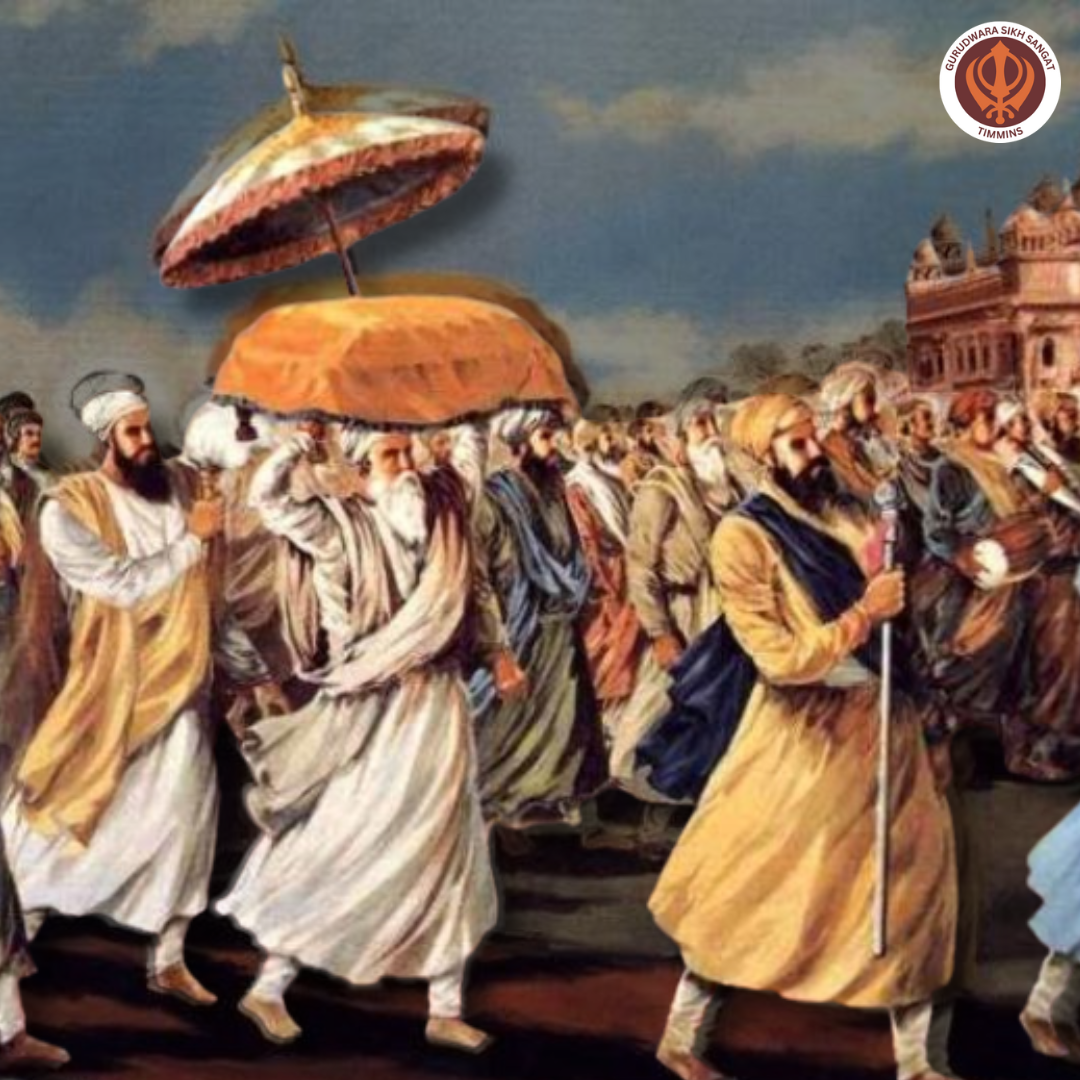

Sampuranta Divas – Sri Guru Granth Sahib Ji (Sri Harmandir Sahib) – 29 August 2025

Sampuranta Divas is a quiet, powerful anniversary in the Sikh calendar: the day we remember the completion of the Adi Granth – what became the living Guru, Sri Guru Granth Sahib Ji. Each year this day is observed with prayer, music and community service, and Sri Harmandir Sahib (the Golden Temple) in Amritsar becomes the heart of those remembrances.
Why this day matters
“Sampuranta” literally means “day of completion.” Historically, the compilation of the holy scripture reached its final form when the bānī (teachings) of Guru Tegh Bahadur Ji and the final steps in the text’s assembly were recognized and enshrined – an act that made the Guru Granth Sahib the central, eternal guide for Sikhs. Observing this anniversary is a way to honour the scripture itself: its message of equality, compassion and remembrance of the Divine.
What you’ll see at Sri Harmandir Sahib
On August 29, the timing at the Golden Temple resonates with continuous recitation (akhand paath), early morning nitnem, soulful kirtan throughout the day, and special congregational ardas. The parikrama (circumambulation) paths hum with pilgrims offering flowers and listening to kathā (spiritual discourse). The shrine is often beautifully decorated, and the community kitchens (langar) serve huge numbers of devotees – everyone sits and eats together, as is the custom. Sri Harmandir Sahib’s hukamnama for the day will be read and published as usual.
A day of listening, singing and serving
Sampuranta Divas is not only historical – it’s meant to be lived. Expect extended hours of kirtan (devotional singing), the reading of the Guru Granth Sahib, and reflections on passages that highlight the unity of human experience. Many sangat (congregation) members take part in sewa – helping prepare langar, polishing the parkarma, or assisting visitors – turning devotion into action.
How to take part (in person or from home)
- Arrive early if you plan to visit Sri Harmandir Sahib—mornings are serene and full of prayerful atmosphere.
- Dress respectfully: cover your head, remove shoes, and be ready to sit on the floor during services.
- Langar is open to all—join in the kitchen or sit for a meal. It’s one of the simplest, most powerful ways to participate.
- If you can’t go, many gurdwaras and Harmandir Sahib livestream hukamnamas and kirtan; check official channels for live broadcasts.
Sampuranta Divas is an invitation to reflect on the role of scripture in personal and community life: how its teachings shape ethics, equality, and shared service. It’s also a moment to consider accessibility – how the Guru Granth Sahib’s message of inclusion reaches people across languages, castes, and nations.